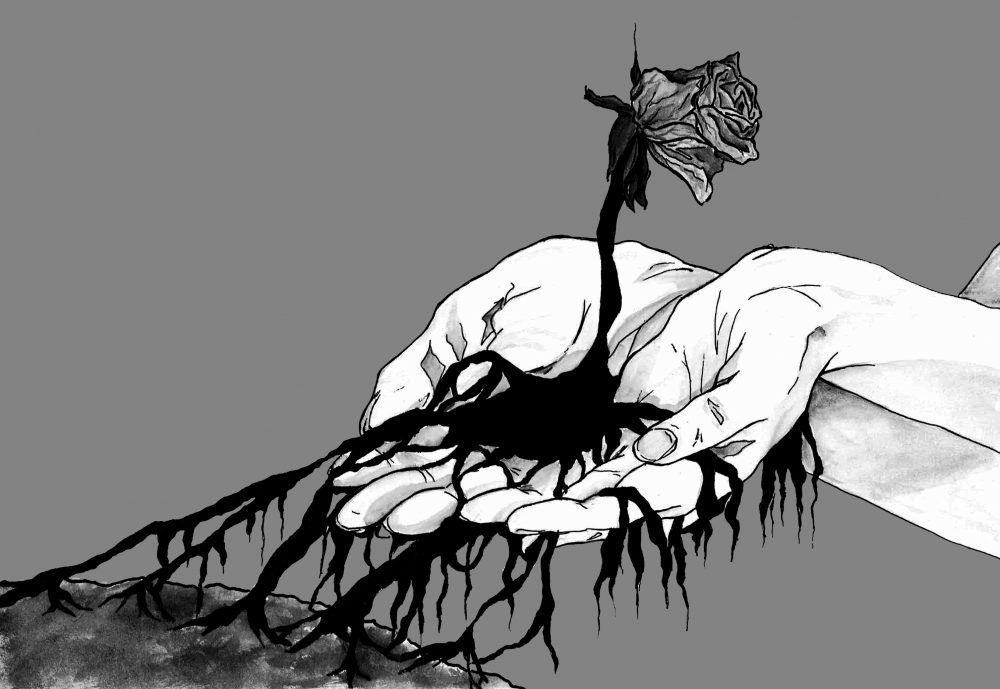Image from berkeleyhighjacket.com.
Issuing a statement National Peace Council of Sri Lanka says that “the appropriate path for Sri Lanka to take at the present time would be that of restorative justice where the state would acknowledge the human rights violations and crimes of the past that occurred on all sides and focus its priority attention to restore the lives of those who survived to the maximum level possible.”
It further says that “following the announcement of the government’s decision to withdraw from co-sponsorship of UNHRC Resolution 30/1, the National Peace Council calls on the government to demonstrate its continuing commitment to national reconciliation by spelling out its alternative roadmap which will address the concerns of all Sri Lankans.”
Restorative justice favours inclusion and participation as instruments to repair harm caused by crimes, while transitional justice favours accountability for the crimes committed as well as reconciliation.
NPC statement fellows:
Sri Lanka’s government is presently facing a major challenge with the US government designating army commander General Shavendra Silva for alleged gross violations of human rights and imposing a travel ban on him and his family. This is a continuation of a regime of international sanctions against Sri Lanka on the grounds of its unwillingness to deal with unresolved issues of the last phase of the war, including those of missing persons and accountability for human rights violations. In September last year the UN suspended Sri Lankan Army deployments in its peacekeeping operations after President Maithripala Sirisena appointed General Silva as army commander accusing him of command responsibility for serious human rights violations.
The decision of the US is argued to be on the basis of information found in UN and other reports available as far back as 2014. In October 2015, the Sri Lanka government agreed to address these concerns by co-sponsoring UNHRC resolution 30/1 which set out a roadmap to reconciliation. On the other hand, the withdrawal of the US from the UNHRC in 2018 was seen as debilitating those commitments. It needs to be noted that the sanctions are being implemented only after there are indications of backsliding from governmental commitments made in the 2015-19 period. With Prime Minister Mahinda Rajapaksa’s announcement of the government decision to withdraw from Sri Lanka’s co-sponsorship of the UNHRC resolution, the National Peace Council is concerned about further sanctions that could potentially be injurious to the country.
The National Peace Council believes that the appropriate path for Sri Lanka to take at the present time would be that of restorative justice where the state would acknowledge the human rights violations and crimes of the past that occurred on all sides and focus its priority attention to restore the lives of those who survived to the maximum level possible. Sri Lanka’s Permanent Representative to the UN, Kshenuka Senewiratne, recently said Sri Lanka is committed to find innovative and pragmatic solutions driven by the domestic context to protect the country’s national interest guided by the provisions of the Constitution, and the will of the citizens expressed through democratic means. Following the announcement of the government’s decision to withdraw from co-sponsorship of UNHRC Resolution 30/1, the National Peace Council calls on the government to demonstrate its continuing commitment to national reconciliation by spelling out its alternative roadmap which will address the concerns of all Sri Lankans.
